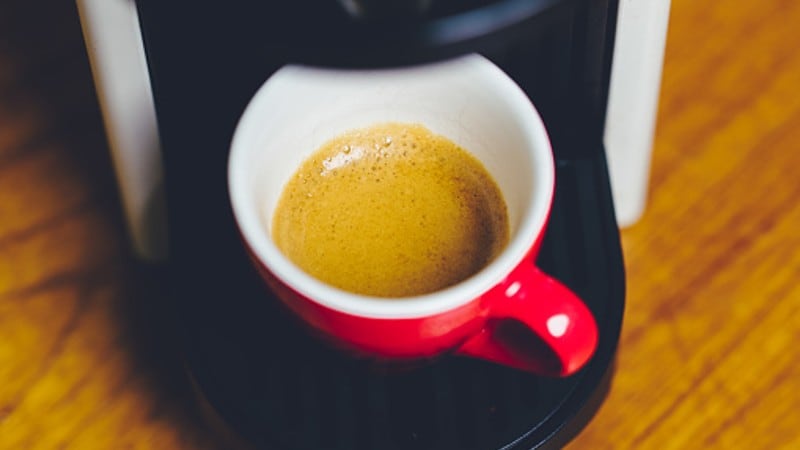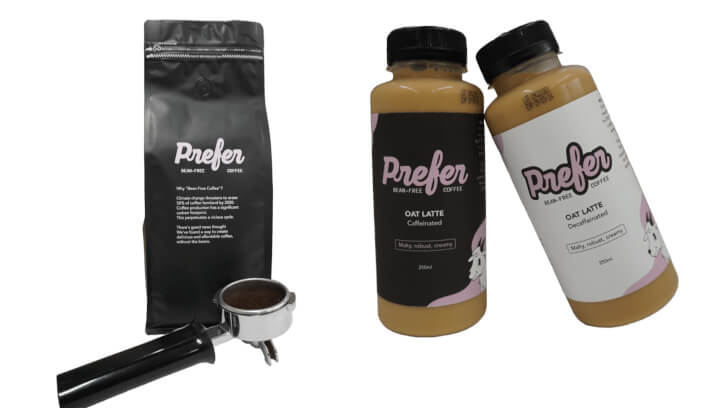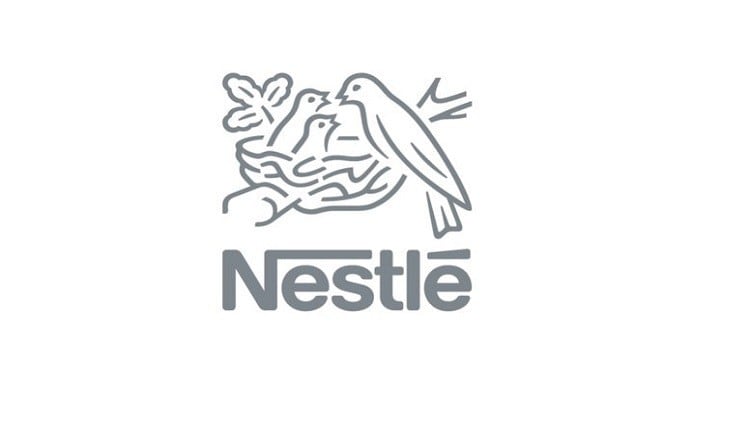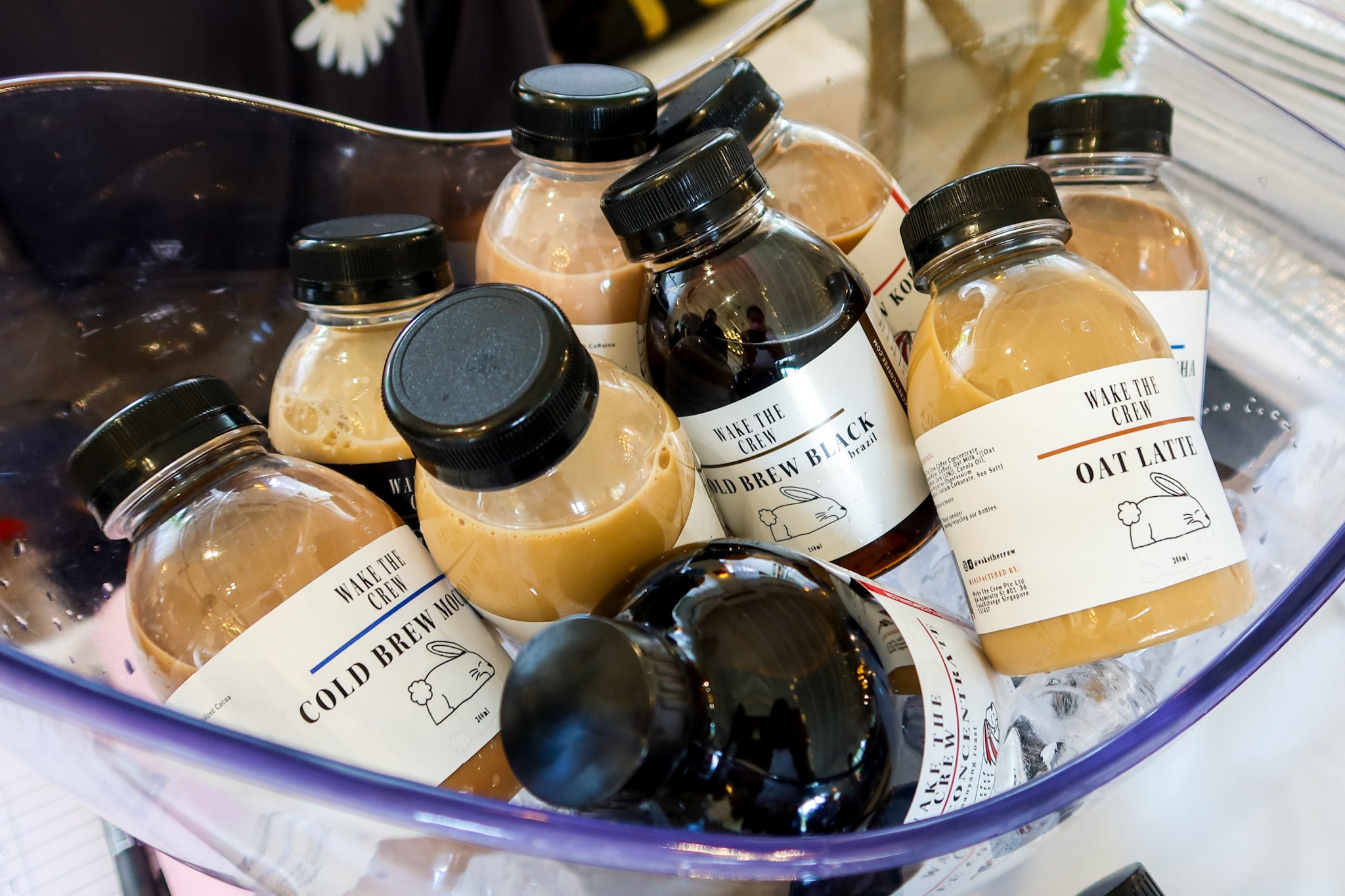Unlike Nestle’s best-known and most widely-consumed coffee brand Nescafe which is already popular in India, Nespresso makes a play on a much more premium market.
While coffee is by no means a new market in India, the recent rise of at-home consumption and consumer demands for a wider range of options piqued Nestle’s interest in expanding Nespresso here.
“In recent years, coffee consumption in India has witnessed a surge with a discernible trend towards in-home consumption,” Nestle India Managing Director Suresh Narayanan told us.
“[This has been driven by] a growing young population as well to more local consumers’ exposure to global trends
“This thirst for new experiences has established India as one of the fastest-growing coffee markets for Nestlé [and] Nespresso will be there to help local consumers and coffee connoisseurs unlock those new coffee experiences.”
Nespresso is expected to make the premiere launch of its coffees and coffee machines in India by the end of 2024, debuting on store shelves, on e-commerce platforms, as well as in India’s first Nespresso boutique in Dubai to reach more consumers.
“Nestle aims to grow the premium coffee category in India as well as to elevate the coffee consumption experience for consumers here,” Nespresso CEO Guillaume Le Cunff added via a formal statement.
“At present, we already work directly with around 2,000 coffee farmers in India (to source coffee beans) via the Nespresso AAA Sustainable Quality Programme, and green coffee has been sourced from this market since 2011 [though this is its first official introduction here.”
All coffees within the scope of the Nespresso brand are manufactured (roasted, ground and encapsulated into coffee capsules) in one of its three Switzerland factories in Avenches, Orbe or Romont before being exported elsewhere in the world.
Nespresso is expected to also make its way to more key cities in India after Dubai, catering to more premium consumers.
Sustainability strategies
The Nespresso AAA Sustainable Quality Programme is the brand’s main strategy to source sustainable coffee in collaboration with the Rainforest Alliance, basing this on farmer education and price premiums.
One other major sustainability issue that the brand has faced over the years has been in terms of its Nespresso capsules, which are mainly made of aluminium – without recycling, each capsule has the potential to create 1g of aluminium waste.
“Aluminium is able to protect the unique aromas and flavours of our coffees unlike any other material available today, [and] is infinitely recyclable,” Le Cunff added.
“75% of the aluminium ever produced is still in use today because it’s durable and there is no limit to how many times it can be reprocessed - No matter how many times it’s recycled and recast into different forms, aluminium retains its original material properties.
“Together with the International Union of Conservation of Nature (IUCN) and other partners, Nestle has initiated the process that led to the Aluminium Stewardship Initiative, the aluminium industry’s first global standard on traceability and socio-environmental performance.
“We have also invested alongside a range of local partners to building dedicated recycling channels and collection schemes.”
The key challenge however lies with getting consumers to recycle their Nespresso capsules especially in Asia, and this is something that requires not only consumer education but also increased accessibility which can only happen with more investment into the establishment of more capsule collection systems in this region.





